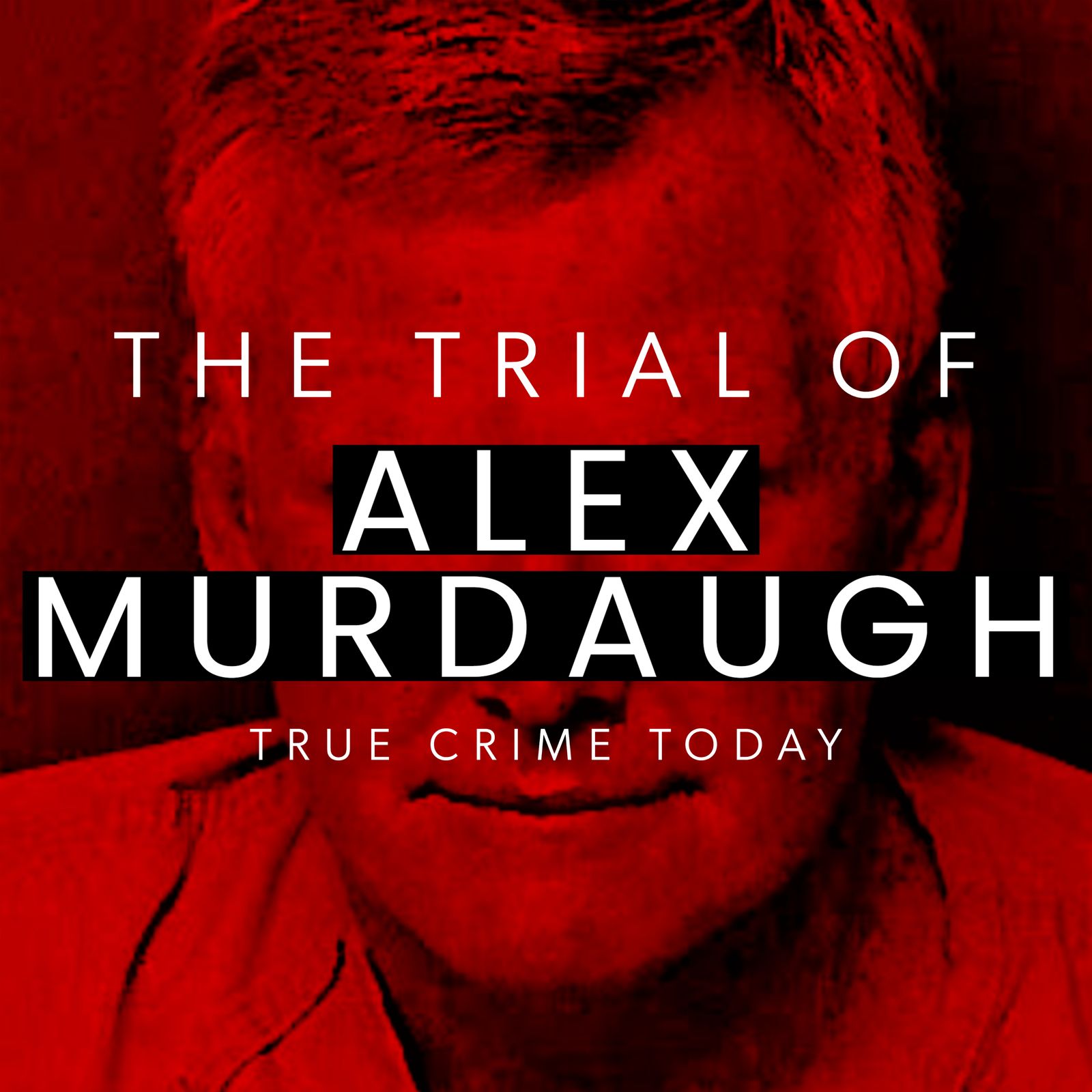Is The Murdaugh Estate Out Of Money For Judgements?

In a riveting episode of the “Hidden Killers” podcast, host Tony Brueski sat down with former FBI special agent and Hidden Killers contributor, Jennifer Coffindaffer, to delve into the convoluted and contentious Alec Murdaugh case and the implications of the recent Mallory Beach case settlement.
At the heart of the discussion was the substantial payout by Parker’s convenience store to the Beach family, a financial consequence of a tragic boating accident instigated by Murdaugh’s underage son, Paul. Despite Parker’s following standard protocol by verifying the ID presented to them, the ID was, unbeknownst to them, the valid ID of Paul’s elder brother. The question, then, was whether the convenience store was being unduly punished for the sins of another party.
Addressing this concern, Coffindaffer affirmed, “The people who should be paying are the Murdochs, but it’s gone. You know, and what isn’t gone is spoken for by the attorneys, and it’s unattainable.” Notwithstanding this perspective, Coffindaffer put forth a counter-argument, asserting that the store, situated in a small town where everyone knew everyone else, likely recognized Paul Murdoch, a frequent customer.
Coffindaffer suggested that Parker’s was a preferred spot for underage youths, like Paul, to secure alcohol, owing to the store’s purported leniency towards ID verification. She argued that the significant settlement amount seemed to corroborate this theory, indicating that there must have been substantial evidence supporting the allegations against the store.
She further posited, “Who knows how many kids in that area know, oh yeah, that’s where you go if you’re 15 to get alcohol.” The store, she maintained, would not have agreed to such a hefty settlement had they not been “rock solid” cornered with evidence.
Brueski expressed understanding of Parker’s motivation to settle, citing the potential damage to their reputation from being associated with Alex Murdaugh in court proceedings. He agreed with Coffindaffer’s conjecture that Parker’s could have been the ‘go-to’ place for underage alcohol procurement in the community, and raised the possibility that Parker’s may have feared reprisals from the influential Murdaugh family had they denied Paul the alcohol purchase.
Coffindaffer concluded her insights by commenting that the substantial settlement amount from Parker’s gave her a better perception of the convenience store, leaving her hopeful about their future business practices. She said, “It makes me feel better about them. Like, I think they will run their business correctly.”
Want to listen to ALL of our podcasts AD-FREE? Subscribe through APPLE PODCASTS, and try it for three days free: https://tinyurl.com/ycw626tj
Follow Our Other Cases: https://www.truecrimetodaypod.com
The latest on Catching the Long Island Serial Killer, Chad & Lori Daybell, The Murder of Ana Walshe, Alex Murdaugh, Bryan Kohberger, Lucy Letby, Kouri Richins, Justice for Harmony Montgomery, The Murder of Stephen Smith, The Murder of Madeline Kingsbury, and much more! Listen at https://www.truecrimetodaypod.com
At the heart of the discussion was the substantial payout by Parker’s convenience store to the Beach family, a financial consequence of a tragic boating accident instigated by Murdaugh’s underage son, Paul. Despite Parker’s following standard protocol by verifying the ID presented to them, the ID was, unbeknownst to them, the valid ID of Paul’s elder brother. The question, then, was whether the convenience store was being unduly punished for the sins of another party.
Addressing this concern, Coffindaffer affirmed, “The people who should be paying are the Murdochs, but it’s gone. You know, and what isn’t gone is spoken for by the attorneys, and it’s unattainable.” Notwithstanding this perspective, Coffindaffer put forth a counter-argument, asserting that the store, situated in a small town where everyone knew everyone else, likely recognized Paul Murdoch, a frequent customer.
Coffindaffer suggested that Parker’s was a preferred spot for underage youths, like Paul, to secure alcohol, owing to the store’s purported leniency towards ID verification. She argued that the significant settlement amount seemed to corroborate this theory, indicating that there must have been substantial evidence supporting the allegations against the store.
She further posited, “Who knows how many kids in that area know, oh yeah, that’s where you go if you’re 15 to get alcohol.” The store, she maintained, would not have agreed to such a hefty settlement had they not been “rock solid” cornered with evidence.
Brueski expressed understanding of Parker’s motivation to settle, citing the potential damage to their reputation from being associated with Alex Murdaugh in court proceedings. He agreed with Coffindaffer’s conjecture that Parker’s could have been the ‘go-to’ place for underage alcohol procurement in the community, and raised the possibility that Parker’s may have feared reprisals from the influential Murdaugh family had they denied Paul the alcohol purchase.
Coffindaffer concluded her insights by commenting that the substantial settlement amount from Parker’s gave her a better perception of the convenience store, leaving her hopeful about their future business practices. She said, “It makes me feel better about them. Like, I think they will run their business correctly.”
Want to listen to ALL of our podcasts AD-FREE? Subscribe through APPLE PODCASTS, and try it for three days free: https://tinyurl.com/ycw626tj
Follow Our Other Cases: https://www.truecrimetodaypod.com
The latest on Catching the Long Island Serial Killer, Chad & Lori Daybell, The Murder of Ana Walshe, Alex Murdaugh, Bryan Kohberger, Lucy Letby, Kouri Richins, Justice for Harmony Montgomery, The Murder of Stephen Smith, The Murder of Madeline Kingsbury, and much more! Listen at https://www.truecrimetodaypod.com

